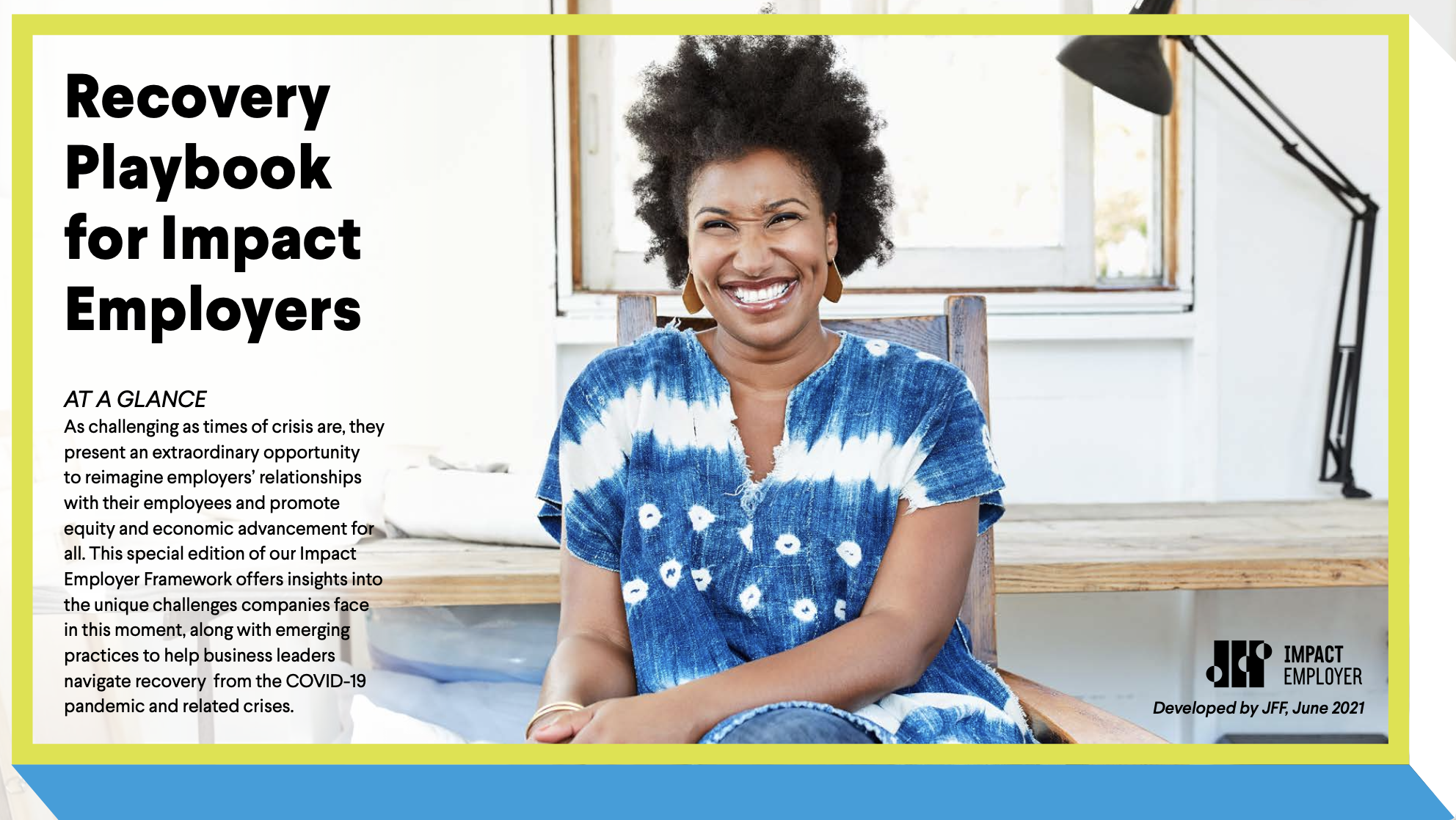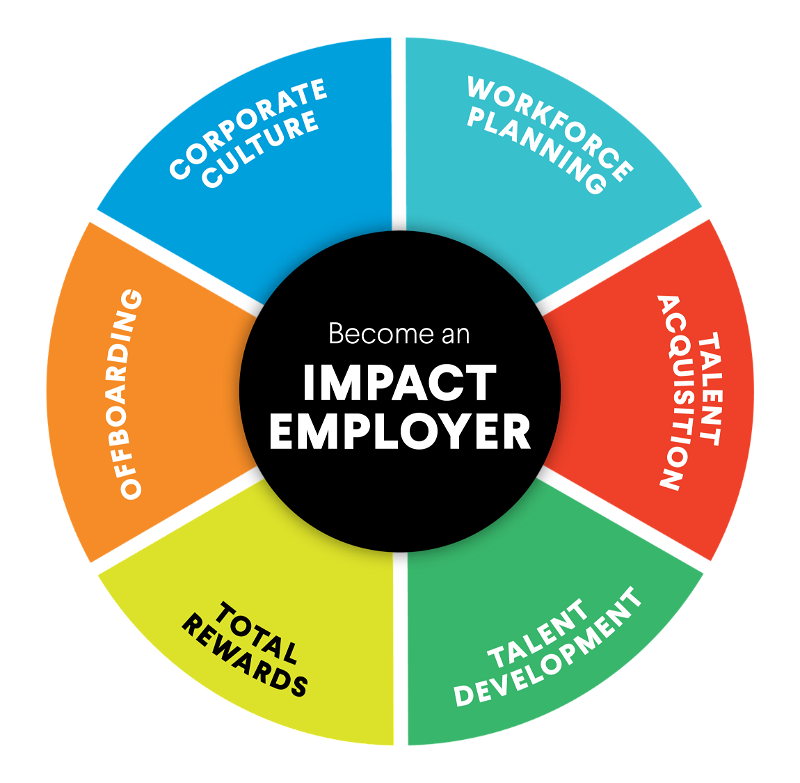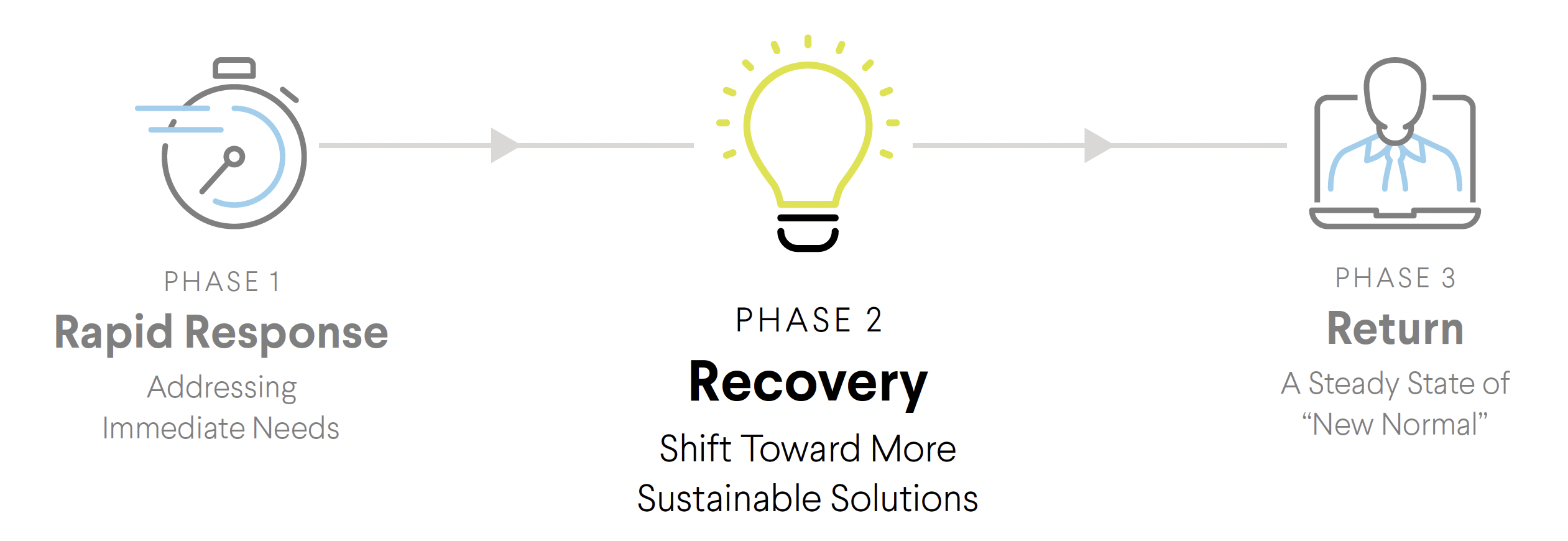At the start of 2020, no one could have predicted that our economy and society would be abruptly and fundamentally altered. COVID-19 catalyzed an extraordinary public health crisis with devastating economic consequences. As of the writing of this playbook, there have been more than 3.1 million deaths worldwide, with over 600,000 deaths in the United States alone. Twenty-five percent of U.S. adults say that they or someone in their household lost their job because of the coronavirus outbreak. In addition, our country has been grappling with a much-needed reckoning on racial injustice. Urgent calls for action have made their way to the highest levels of corporate leadership.
The pandemic simultaneously magnified longstanding racial disparities and accelerated our nation’s collective awareness of racial injustice and inequity.
Black and Latinx populations, who represent a disproportionate share of frontline workers, have been more negatively affected by the economic and health effects of COVID-19 than white Americans. Currently, 12 percent of Black Americans and 18 percent of Latinx Americans are jobless. Black Americans are two times more likely to die from COVID-19 than white Americans, while Latinx populations are over 50 percent more likely to die from COVID-19.
The consequences of this crisis are particularly concerning for women.
One in four women are said to be downshifting their careers or leaving the workforce altogether, and in September 2020, four times more women than men dropped out of the workforce. While this trend is not particularly surprising—on average, women take on significantly more child care responsibilities than men—it is alarming, and experts fear that it will reverse generations of hard-earned progress for women in the workforce.
The economic impact is being felt across the age spectrum.
Mostly shielded from previous economic downturns and recessions, workers age 50 and older have faced a uniquely challenging situation, experiencing higher levels of unemployment while simultaneously grappling with increased susceptibility to the virus. Younger workers, notoriously disadvantaged during previous economic downturns and recessions, have been negatively affected even more, especially since they tend to hold jobs in hard-hit industries such as retail and hospitality.
A more inclusive future is possible on the other side of the crises we face. We have a unique opportunity to accelerate positive talent management trends, redefine traditional workplace relationships, and devise innovative new solutions.
We can return from this crisis better and stronger than before, and we can create more opportunities for the frontline, entry-level, and middle-skill workers who have proved so essential during this crisis.














